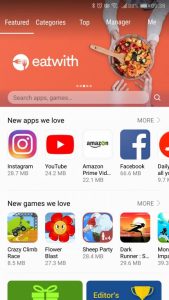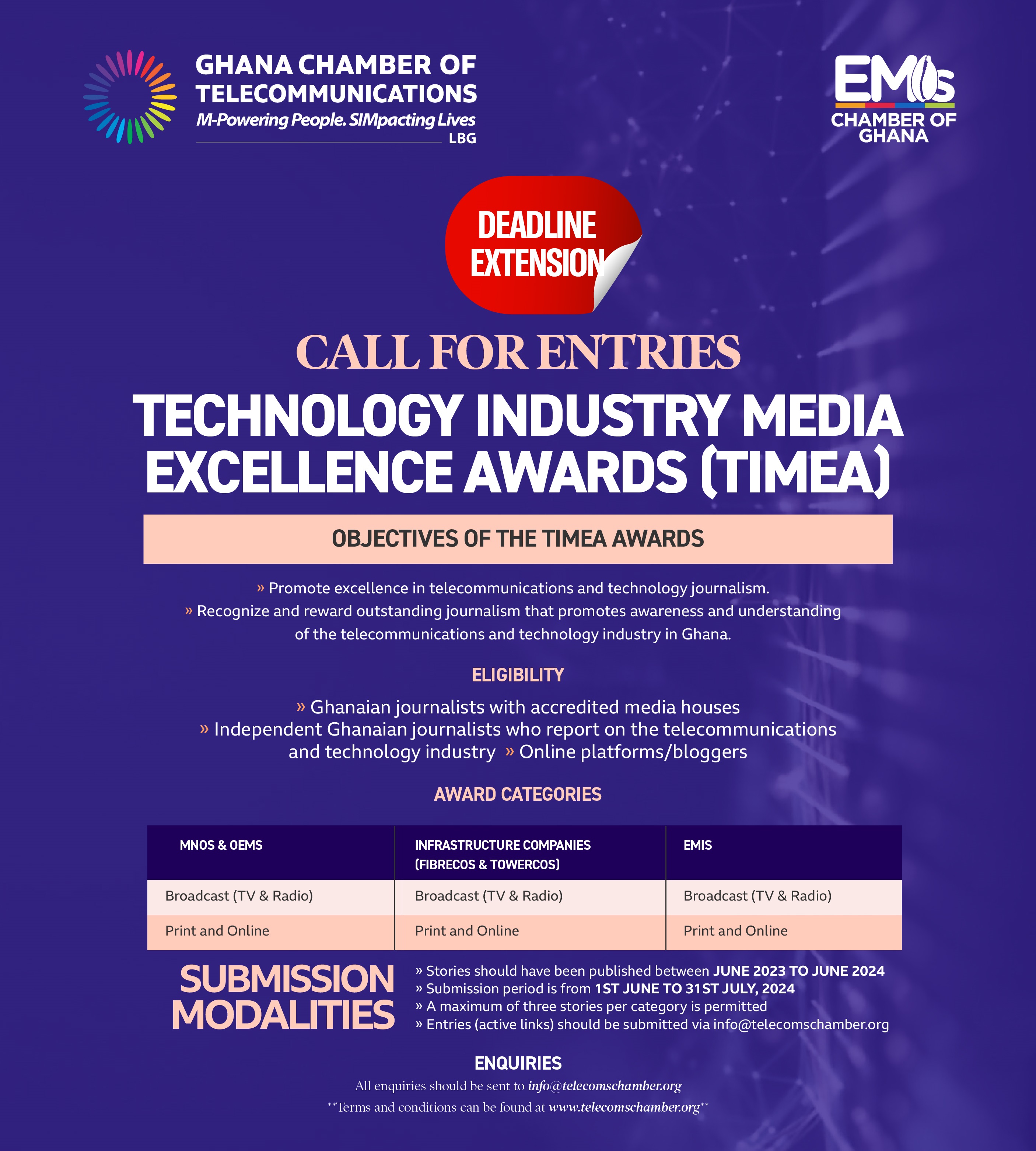
Telecoms Giant, MTN Ghana has posted a 68% increase in total taxes paid to Government of Ghana in 2017 as compared to the previous year. The company’s total revenue soared to GH₵3.4 billion in 2017, as against the GH₵2.77 billion revenue recorded in 2016.
Speaking at a media forum to present the company’s financial performance, Vice-President for Southern and East Africa and Chief Executive Officer (CEO) of MTN Ghana, Ebenezer Twum-Asante announced the company retained profits of GH₵238 million last year, and had earmarked a ¢663m spend on capital expenditure for 2018.
Tax Breakdown
The mobile operator highlighted, in the face of a tough macro economic environment and a relatively stable regulatory environment, the company has had to accelerate new revenue streams to significantly contribute to National Development.
Efficient cost control to support their EBITDA was also key, but MTN’s clearly defined KPIs to ensure delivery with focus on customer experience, technology excellence, growing the data and digital agenda while igniting their commercial performance is clearly aiding the company’s remarkable performance.
Total payments to the Ghana Revenue Authority in 2017 was ¢1.06bn which translates into Communication Service Tax (CST), VAT, Duties, Corporate Taxes, PAYE, National Fiscal Stabilization Levy (NFSL) and Withholding Taxes (WHT) on Suppliers and Dividends.
The remaining ¢160m went to the Regulator (NCA) and Ghana Investment Fund for Electronic Communications (GFIEC) as payments for Regulatory fees and Surcharge on International Incoming Traffic (SIIT).
MTN Ghana alone contributed to 3% of Ghana’s total tax revenue collected in 2017.
Job Creation
MTN Ghana’s commitment to employment both directly and indirectly is spiraling close to 600k. These are jobs created on the back of MTN’s ecosystem of partnerships and suppliers (500k), and through the business drive to go digital using mobile financial services as the payment backbone (90k+).
MTN Mobile Money
The mobile money (MoMo) business has an active subscriber base of 8.3m with direct relationship to 16 commercial banks. The company paid ¢71m to its subscribers as interests for using mobile money in 2017. Currently the MoMo business has an active agent base of 90k people who earned an average monthly commission of ¢89m cedis in 2017.

Ebenezer Asante, CEO of MTN Ghana, Vice-President for MTN Southern and East Africa
Capital Expenditure
Ebenezer announced, that MTN plans to spend ¢663m as its 2018 capital expenditure. This outlay would go into 695km fibre rollout, 1,100 new sites on its 3G network to improve population coverage by 27%. 230 new sites for coverage extension and capacity under LTE rollout and 300 new sites for coverage extension and capacity for the 2G networks.
He further stated, that the company has expanded its network to underserved areas from 44.5% to 70% between 2016 and 2017 and is looking forward to reach 400 additional communities at the end of 2018 by building another 200 of these rural sites for coverage extension.
At the forum, the Chief Technical Officer of MTN, Mohammed Rufai, bemoaned the state of fibre cuts to be one of their biggest challenges today, with over 1,200 cuts to their cables within the year 2017.
Corporate Social Responsibility
MTN Ghana Foundation, the CSR arm of the mobile operator, has over the last decade executed over 142 projects at a cost of about ¢60 million which has directly and indirectly impacted over 4million Ghanaians.
In 2018, the company will be building the New Juaben SHS library and ICT Centre, Nhyiaeso Basic 6 Classroom Block, Telecoms Lab in GIMPA, Juaso Palm Oil Production Unit and completing the Tema General Hospital Maternity Block and many others.
In his brief remarks, CEO of the Ghana Chamber of Telecommunications, Ing. Kenneth Ashigbey commended MTN for a great financial performance within a challenging economic environment while providing jobs and scholarships to Ghanaians. He also lauded MTN on the several innovations that have under pinned their business, especially the SMART and cost effective rural telephony systems that won a global award at the just ended Mobile World Congress in Barcelona.
Derek B. Laryea
(Head of Communications at the Telecoms Chamber)








